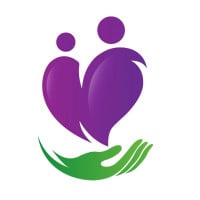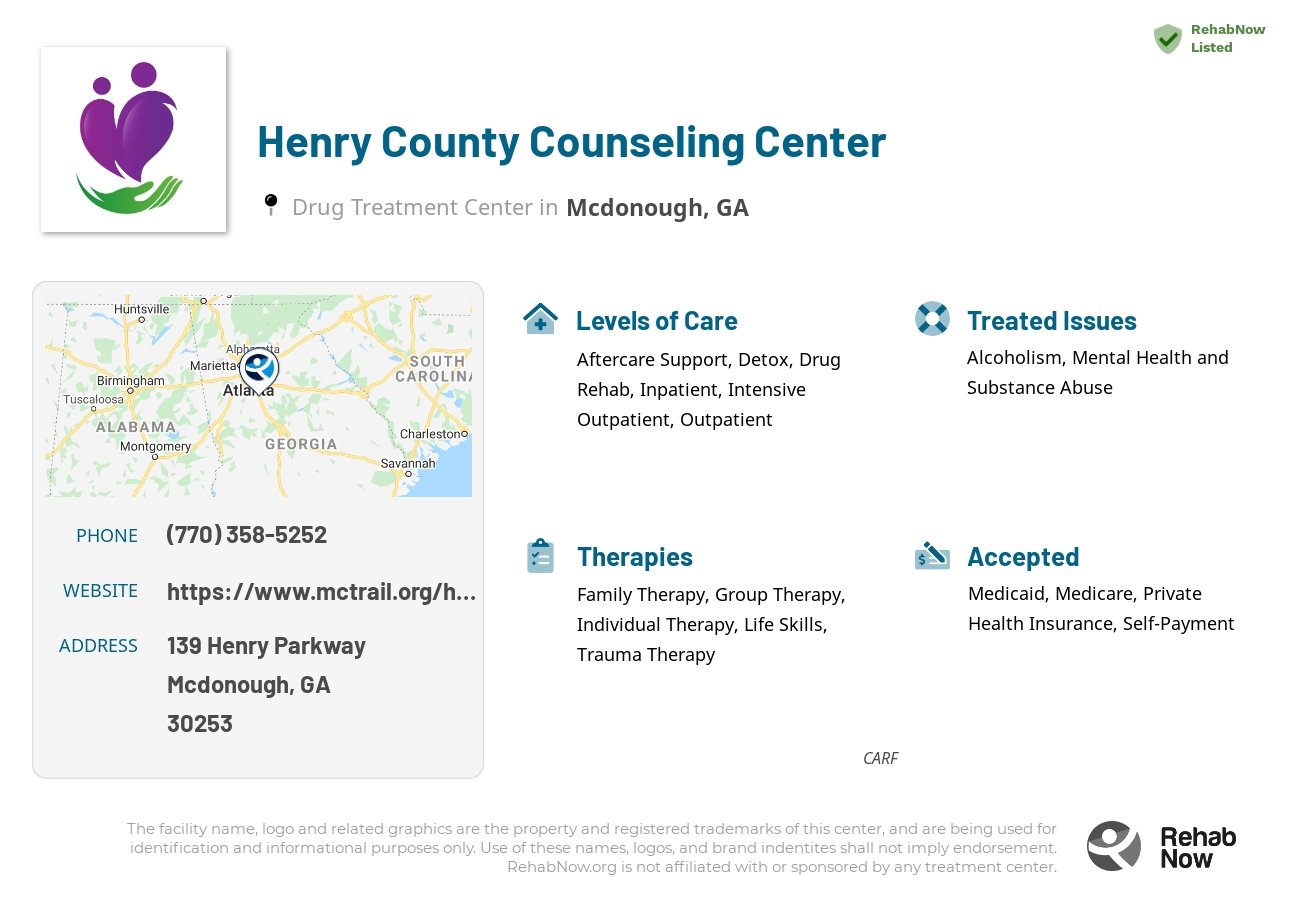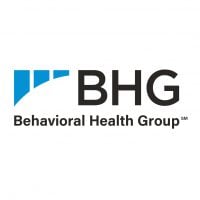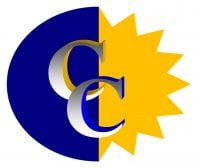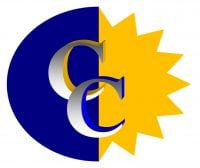Henry County Counseling Center
Drug Rehab Center in Mcdonough, Georgia
Henry County Counseling Center is a comprehensive mental health facility providing evidence-based solutions for mental health and addiction problems, with a focus on personalized care and a wide range of services including therapy, addiction treatment, and family counseling.
About
Henry County Counseling Center, founded in 1993, is an Addiction Treatment Facility located in Mcdonough, Georgia. This center specializes in providing comprehensive care for individuals suffering from Alcoholism, Dual Diagnosis, and Drug Addiction. With a focus on personalized treatment, they offer a range of levels of care including Detox, Inpatient, Intensive Outpatient, and Outpatient programs. The center is accredited by CARF (Commission on Accreditation of Rehabilitation Facilities), ensuring that they meet the highest standards of quality and efficacy in addiction treatment. Henry County Counseling Center recognizes the importance of continued support in recovery and offers Aftercare Support programs to help individuals maintain their sobriety.
At Henry County Counseling Center, individuals struggling with addiction can find a variety of services to help them on their journey to recovery. The center provides detoxification services to support individuals as they safely withdraw from drugs or alcohol. Their inpatient program offers a structured and supportive environment where individuals receive intensive treatment, including therapy and counseling, to address the root causes of their addiction. For those who may not require residential treatment, Henry County Counseling Center also offers Intensive Outpatient and Outpatient programs, allowing individuals to receive treatment while still maintaining their daily responsibilities. With a focus on holistic care, the center provides a range of therapeutic services such as individual counseling, group therapy, and family therapy, to address the physical, emotional, and psychological aspects of addiction. Through their comprehensive approach and CARF accreditation, Henry County Counseling Center is dedicated to helping individuals overcome addiction and lead healthier, fulfilling lives.
Genders
Ages
Modality
Additional
Accreditations

CARF
The Commission on Accreditation of Rehabilitation Facilities (CARF) is a non-profit organization that specifically accredits rehab organizations. Founded in 1966, CARF's, mission is to help service providers like rehab facilities maintain high standards of care.
Conditions and Issues Treated
Levels of Care Offered
This center offers a variety of custom treatment tailored to individual recovery. Currently available are Aftercare Support, Detox, Drug Rehab, Inpatient, Intensive Outpatient, Outpatient, with additional therapies available as listed below.
Detoxification is a critical first step in treatment for drug addiction. Drug detoxification helps the individual withdraw from the drug by providing a controlled environment where symptoms can be managed through medication and close observation. Detoxification is an inflection point where the individual can get on a recovery track, but it’s also one of the most dangerous points in the recovery process.
In addition to going through physical withdrawal from certain drugs, a detox program also provides the individual with drug testing to monitor their progress. This way, if the individual is not ready for sobriety (such as if they relapse), the treatment professionals can catch it early on and use that opportunity to help re-orient the individual towards recovery.
Inpatient treatment centers offer a safe, secure, and often medically supervised environment for drug or alcohol-addicted individuals. Many of these facilities are equipped to provide detoxification, treatment for co-occurring mental health disorders, and aftercare programs.
The patient typically spends 28 to 30 days at the facility and will receive extensive drug counseling. They will also learn how to live without drugs and how to make the right decisions in life.
Intensive Outpatient Programs are similar to partial hospitalization, but they don’t require the patient to go home each night.
This means that while they have to attend meetings and receive other types of help at the facility, addicts are allowed to keep their jobs or continue with school without having to miss their classes or work opportunities. This is a great option for those who can’t take time away from their jobs or schedules to attend a treatment program.
During this type of program, the addict will be required to meet with counselors and other types of professionals throughout the day. This will help them stay on track and prevent them from relapsing after they leave the facility.
An outpatient treatment program is set up to help with alcohol or drug addiction or a co-occurring disorder. The treatment must attend the treatment facility for their therapy and other programs but return home each night. The frequency of mandatory attendance decreases after much of the treatment program is complete. The treatment programs are monitored by the treatment facility and case managers who work for a judge or judge’s office. A treatment program may be performed out of a treatment facility, treatment clinic, or treatment center.
The benefits of outpatient treatment programs are many. One of the most beneficial treatment programs is that it allows treatment for clients who cannot afford or may not be able to attend treatment at a treatment facility, treatment center, or treatment clinic full-time. Another benefit of treatment programs is that they reduce crime rates because treatment allows people to treat their addiction.
Recovering drug addicts need aftercare support when they leave treatment. The support can include guidance through 12-step programs, outpatient rehabilitation programs, and support groups. Aftercare supports the individual in their desire to maintain sobriety by reducing relapse risk with positive choices.
The success of drug treatment does not end when the addict leaves the rehabilitation center. There is no such thing as a “one and done” type of rehabilitation process. Recovery is a lifelong journey that begins with treatment and continues by the addict committing to outside support groups or drug rehab programs.
When choosing a program, it is crucial to choose one that will provide long-term aftercare support. This ensures that you have the tools you need to sustain your recovery.
Therapies & Programs
Individualized Treatment is essential because it gives addicts the ability to participate in a program that meets their unique needs. An addict should work with professionals who understand what they’re going through, especially if the addict is actively using. Finding the right treatment program for an addict is difficult, but it’s even harder without communicating with those who have experience treating your specific situation.
The therapies typically involve all family members, potentially including siblings, children, and parents who play a role in their daily lives. These sessions can be essential because they address past issues that may have affected an addict or alcoholic’s recovery process. They provide support during this time when it is needed most!
A family therapy session, often called a family meeting or intervention, is a necessary process that helps loved ones of addicts see their situation in a new light. It’s also one of the most challenging things families will ever have to do when they’re facing a loved one battling addiction or alcoholism.
Group therapy sessions provide recovering addicts with a chance to cope with everyday situations that many face. Group therapy sessions are held in rehab facilities, clinics, churches or community centers that offer drug addiction treatment.
People who attend these groups are encouraged to voice their feelings and support other addicts in recovery. This helps group members strengthen their own recovery program while cheering on others who are struggling with sobriety.
Trauma therapy allows them to work through past trauma to have peace of mind and begin down the road of sobriety. The therapist will work with the individual to help them understand their past and present relationships. Patients may often believe that something is inherently wrong with them or they are unworthy of love. The therapist aims to correct these negative feelings and behaviors by helping the person realize that their actions do not reflect who they truly are.
Life skills training is beneficial for addicts in recovery because it helps them learn how to take care of themselves and improve their quality of life, which can promote feelings of purpose and motivation.
This works by teaching individuals life-enhancing skills that support positive living, including:
- Healthy lifestyle habits
- Skills to effectively manage stress
- Effective communication skills to help them get their needs met without turning to drugs or alcohol
- Money management and budgeting skills so they can continue to take care of themselves after treatment ends.
Payment Options Accepted
For specific insurance or payment methods please contact us.
Is your insurance accepted?
Ask an expert, call (888) 674-0062
Additional Details
Specifics, location, and helpful extra information.
Mcdonough, Georgia 30253 Phone Number(770) 358-5252 Meta DetailsUpdated November 25, 2023
Staff Verified
Patient Reviews
There are no reviews yet. Be the first one to write one.
Mcdonough, Georgia Addiction Information
Prescription opioid use has caused a large increase in the total amount of overdoses in Georgia. Almost 12% of the Georgia population uses illicit drugs each year, and slightly over 3.5% also abuses alcohol at the same time. This does not include those who binge-drink at least once a month, which includes 20% of all Georgians.
The drug addiction problem in McDonough, Georgia, is relatively severe. Over 1,600 drug-related arrests in the area in 2016, this is alarming as only 132,000 people are living in McDonough. Common drugs of abuse are opioids (heroin and prescription painkillers), and marijuana. There are several drug and alcohol rehab centers in McDonough, GA. Drug treatment can vary depending on the facility, but it typically involves detoxification, counseling, and support groups.
Treatment in Nearby Cities
- Douglas, GA (153.2 mi.)
- College Park, GA (22.6 mi.)
- Morven, GA (176.2 mi.)
- Washington, GA (85.2 mi.)
- Columbus, GA (81.8 mi.)
Centers near Henry County Counseling Center
The facility name, logo and brand are the property and registered trademarks of Henry County Counseling Center, and are being used for identification and informational purposes only. Use of these names, logos and brands shall not imply endorsement. RehabNow.org is not affiliated with or sponsored by Henry County Counseling Center.
